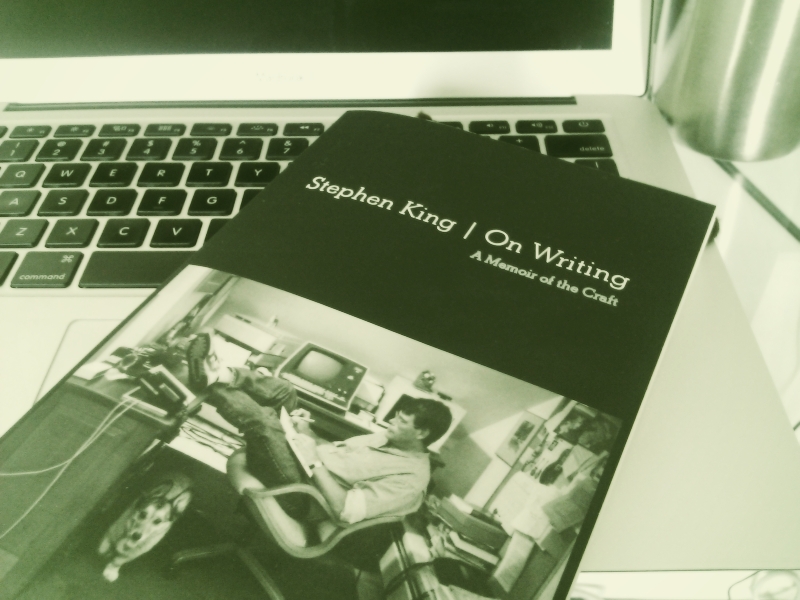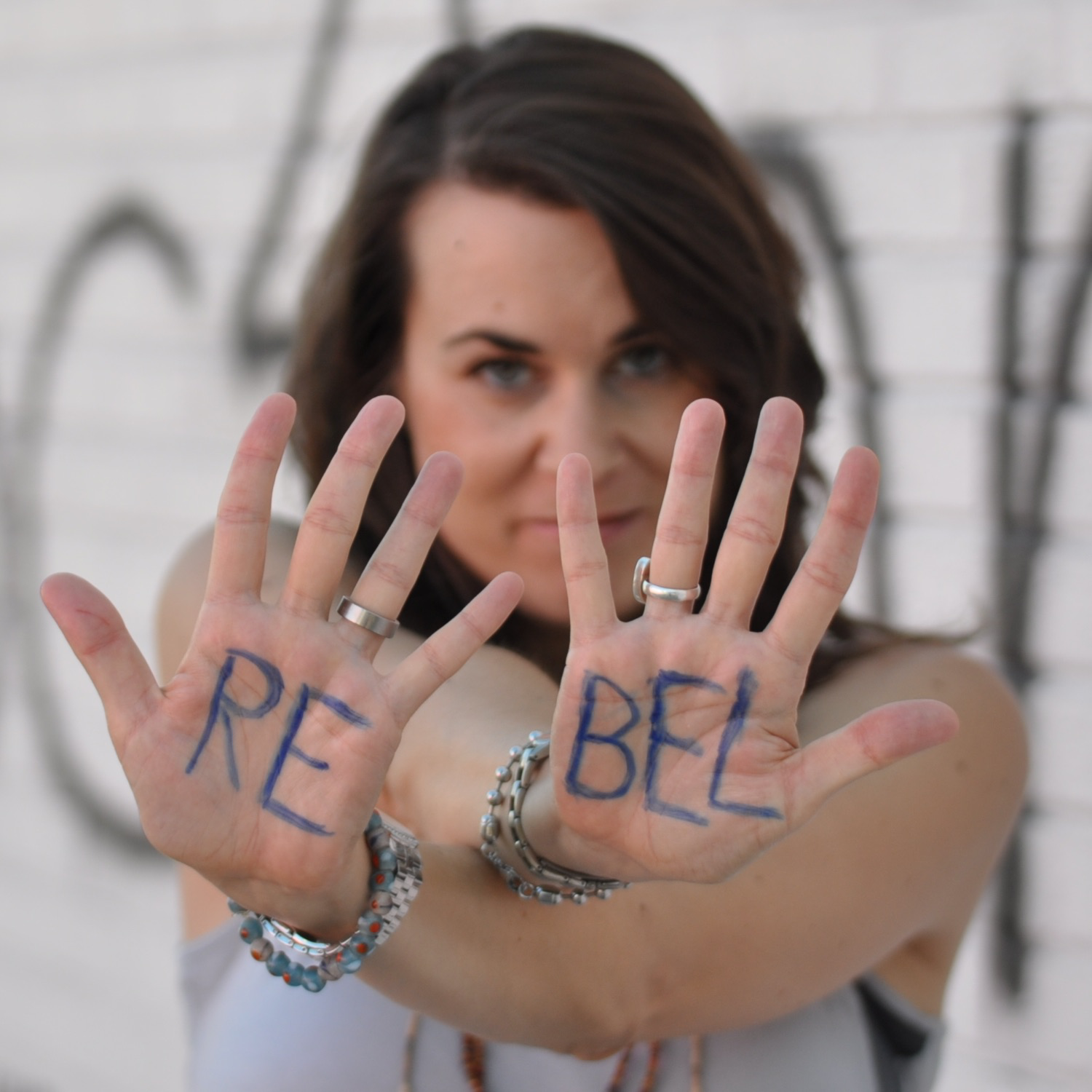 How do you hone your writing skills? And that’s not a rhetorical question. I encourage you to think about what you do every day to become a better writer?
How do you hone your writing skills? And that’s not a rhetorical question. I encourage you to think about what you do every day to become a better writer?
Yeah, you heard that right. It takes a daily commitment to the craft if you want to grow as a writer. That doesn’t mean it can’t be fun. On the contrary, the more fun you have spending time with words and sentences and storytelling, the better.
The tricky part is figuring out how you can make your reading and writing activities an everyday routine – in such a way that you’re looking forward to get to it as you wake up every morning.
It so happens that Stephen King, the author of more than fifty books (all of them worldwide bestsellers by the way), knows a thing or two about the craft of writing. So much so that he wrote a memoir sharing his journey on becoming a bestselling author and writing lessons he learned along the way.
Here are some of King’s revealing insights that inspired me most:
Write, write, write
After Stephen King had graduated from college with a teacher’s certificate (his mom encouraged him to finish college in case the writing career wouldn’t work out), he couldn’t find a job as a teacher immediately, so he ended up working at a local laundry and the second shift at Dunkin’ Donuts to keep his family (a wife and 2 kids) financially afloat.
Despite his crazy work schedule, King found time to write: “I wrote after work; […] I would sometimes write a little on my lunch hour, too. I suppose that sounds almost impossibly Abe Lincoln, but it was no big deal – I was having fun. Those stories, grim as some of them were, served as brief escapes from the boss,[…].”
Writing lesson: If “the” King can do it, so can you. Use pockets of time, no matter how small, to write or read.
Lean on your support team
Stephen King confessed that what kept him going in those years as a struggling young writer was the support he got from his wife.
“My wife made a crucial difference during those two years […]. If she had suggested that the time I spent writing stories on the front porch of our rented house on Pond Street or in the laundry room of our rented trailer on Klatt Road in Hermon was wasted time, I think a lot of heart would have gone out of me. […] Her support was a constant, one of the few good things I could take as a given. […] Writing is a lonely job. Having someone who believes in you makes a lot of difference.”
Writing lesson: Notice, who in your life is on your side. Appreciate them. Lean on them.
Find the right space
Where are you most productive? In which environment do you thrive? Some people prefer to write in coffee shops that are buzzing with life; others need a quiet sanctuary to boost their creative output.
Or you might like Stephen King’s suggestion: “Put your desk in the corner, and every time you sit down there to write, remind yourself why it isn’t in the middle of the room. Life isn’t a support-system for art. It’s the other way around.”
Writing lesson: Find a place that’s right for you. And stick with it. Make it a habit to sit in that place and write. Make your art your support system for life.
Take it seriously
Have you ever had those moments when you were thinking “I’m so behind with my blog posts. I gotta crank this baby out!” Well yeah, I’ve been there, too. The problem with this is: it’s the wrong approach to writing.
Yes, you might be behind schedule. But don’t let that “urgency” be your driving force for writing. Your motivation must come from a different place in order for your writing to work. And with “to work” I mean: to connect with the reader.
Stephen King has another word for this magic writer-reader connection: he calls it telepathy. Wait, what?
Here’s how King describes the connection between a writer and his reader: “We’re not […] in the same year together, let alone the same room…except we are together. We’re close. We’re having a meeting of the minds.”
And because of this, you have to take writing seriously.
Click to TWEET this writing lesson: Approach your writing from an earnest place in your heart.
As Stephen King knows best: “You can approach the act of writing with nervousness, excitement, hopefulness, or even despair […]. You can come to the act with your fists clenched and your eyes narrowed, ready to kick ass and take down names. […] Come to it any way but lightly. Let me say it again: you must not come lightly to the blank page.”
Ready to get cracking and kick some ass with your writing? I thought so.
Rebel on!
__
If you liked this blog post, sign up for my newsletter. You’ll also receive the rebel manifesto to kick-start your uniqueness.
I’ve chosen not to have comments on my blog. To share your ideas with me, comment on my Facebook page, or simply write to me. And if you appreciate my work, please share this post by using the social share buttons above this post.
If you would like to have one-on-one direct access to me and dive into discovering your true voice, consider participating in a rebel session for heart-centered entrepreneurs and business owners who desire purpose and profit.
__

